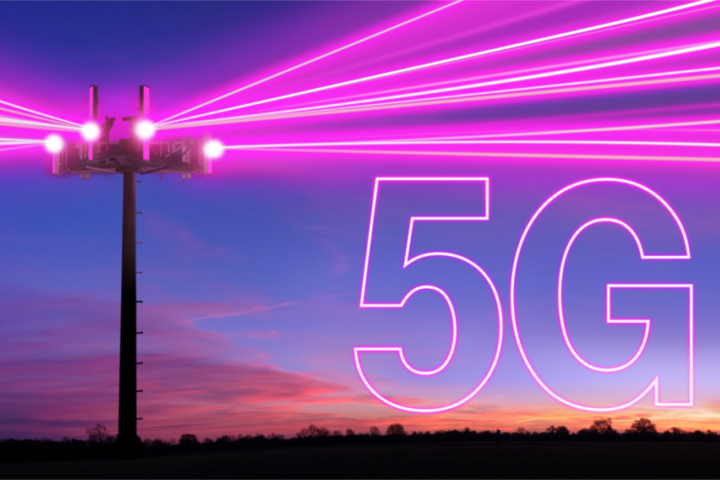
If you were impacted by T-Mobile’s latest price hike and were looking for an alternative carrier, we have some bad news — T-Mobile is buying US Cellular. For those unaware, U.S. Cellular is the fifth-largest carrier in the U.S. despite being a regional carrier based mostly in the Chicago area. Unlike mobile virtual network operators (MVNOs) like Metro by T-Mobile or Visible, which piggyback on a parent carrier’s network, US Cellular has its own towers and stores.
The deal would see T-Mobile pay $4.4 billion to take over US Cellular’s wireless customers, stores, and 30% of its spectrum assets. It includes a combination of cash and T-Mobile assuming $2 billion of U.S. Cellular’s debt. US Cellular will keep control of 4,400 of its towers and 70% of its spectrum portfolio, but T-Mobile will extend its leases for 600 US Cellular towers and sign new long-term leases on 2,015 more towers. In a conference call about the deal, T-Mobile also committed to hiring a significant number of U.S. Cellular associates.
Existing U.S. Cellular customers will have the option to stay on their current plan or move to an unlimited T-Mobile plan of their choice with no switching costs. T-Mobile hasn’t specified if it’ll force everyone to switch eventually, but it claims it will save customers money by giving them access to plans with increased savings.
On T-Mobile’s side, it’s not hard to see why it made the acquisition. One of T-Mobile’s biggest problems has been providing service in rural areas, where it has lagged behind Verizon and smaller regional carriers. Acquiring US Cellular could help T-Mobile fill the gap in its 5G network with access to more 5G mid-band and mmWave. Since last summer, US Cellular has covered 1 million households with its mid-band network, with 3 million expected to have coverage by the end of 2024.

“T-Mobile’s purchase and integration of US Cellular’s wireless operations will provide best-in-class connectivity to rural Americans through enhanced nationwide coverage and service offerings at more compelling price points,” said Laurent Therivel, CEO of US Cellular. “The transaction provides our customers access to better coverage and speeds, as well as unlimited texting in more than 215 countries, content offers, device upgrades, and other T-Mobile benefits.”
T-Mobile hopes to have the deal closed with regulatory approval by mid-2025. The boards of US Cellular and its parent company, Telephone and Data Systems, have already approved the deal, meaning the only regulatory hurdle may be on the government side.
The purchase of US Cellular is just the latest in a long string of acquisitions by T-Mobile. There was T-Mobile’s merger with Sprint in 2020, which required the company to parcel out Boost Mobile to Dish Network. Then there was T-Mobile’s acquisition of Mint Mobile in a $1.35 billion deal in 2023.
While the regulatory agencies did make T-Mobile part with Boost Mobile to allow the Sprint deal to go ahead, it’s unlikely they will block this latest acquisition as long as T-Mobile has rivals like Verizon and AT&T.
One way T-Mobile may seek to forestall any regulatory hurdles is by splitting U.S. Cellular with Verizon, though this isn’t confirmed yet on the Verizon side. Whatever the outcome, consumer choices for affordable alternatives to the Big Three carriers are going to become a whole lot slimmer.



